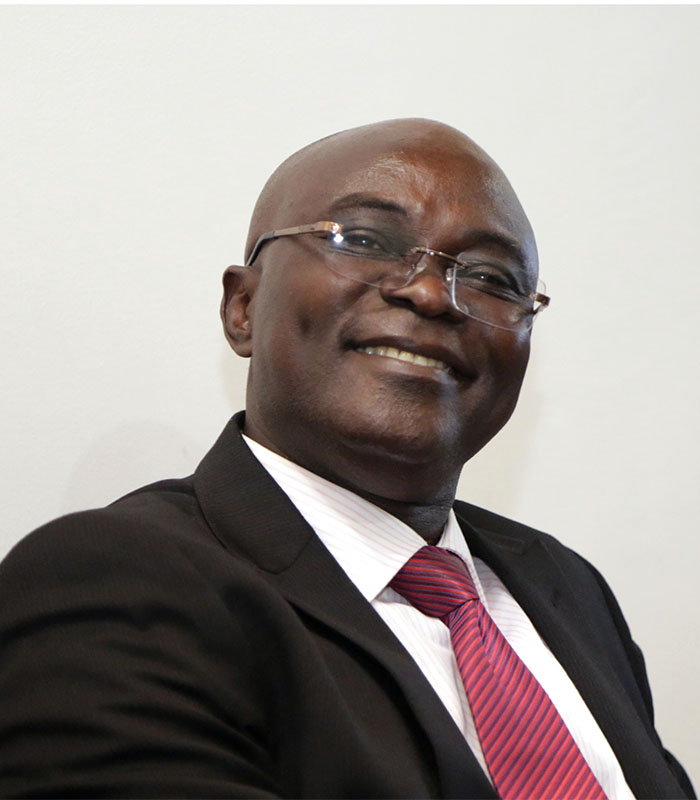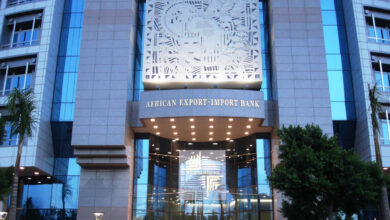All Banks Must Be Adequately Capitalised by Year-End — BoG

The Bank of Ghana (BoG) has dismissed suggestions that the country should introduce a formal tiered banking framework to support key national initiatives such as One District, One Factory (1D1F), the 24-hour economy, and Ghana’s participation in the African Continental Free Trade Area (AfCFTA).
At the last Monetary Policy Committee (MPC) press briefing, a journalist asked whether the central bank was considering a tiered banking model to enhance credit access for SMEs and other sectors.
Responding, the Governor, Dr Johnson Asiama clarified that Ghana’s financial system already operates in a tiered manner through specialised deposit-taking institutions (SDIs) and non-bank financial institutions (NBFIs), which provide financial services to underserved segments.
“As you rightly noted, the financial system in Ghana is already tiered. We have specialised deposit-taking institutions and varying levels of capitalisation across institutions, which reflect a tiered structure in practice,” the Governor explained.
He stressed that the central bank has no immediate plans to pursue a formal tiered framework among commercial banks. Instead, the regulator’s top priority is ensuring that all banks meet required capitalisation levels by the close of the year.
“Our immediate focus is on ensuring that all banks are adequately capitalised by the end of the year. That remains our priority currently,” the Governor emphasised.
Analysts say strengthening bank capitalisation will be crucial to boosting financial stability and ensuring the sector is better positioned to finance Ghana’s economic transformation agenda.

But Economist at the Ghana Institute of Management and Public Administration (GIMPA), Dr. Raziel Obeng-Okon, has cautioned that recapitalisation alone is not enough. According to him, without strong corporate governance and oversight, recapitalisation risks repeating past mistakes.
“Recapitalisation is good, but you don’t stop there. When you recapitalise, you must put the next infrastructure in place to ensure funds are not abused. The previous experience we had as a country was recapitalising without putting in place the governance structures to prevent dissipation of funds,” Dr. Obeng-Okon noted.
He pointed to past banking failures as a warning, stressing that recapitalisation must be accompanied by strict monitoring and governance reforms to safeguard depositors’ funds and keep the economy on a sustainable growth path.
“Make sure it’s not money you are giving them for Christmas, as we saw in the previous regime. Recapitalise, but keep your eye on the ball,” he advised, citing the collapse of Unibank as a cautionary example of weak governance leading to systemic risks.




